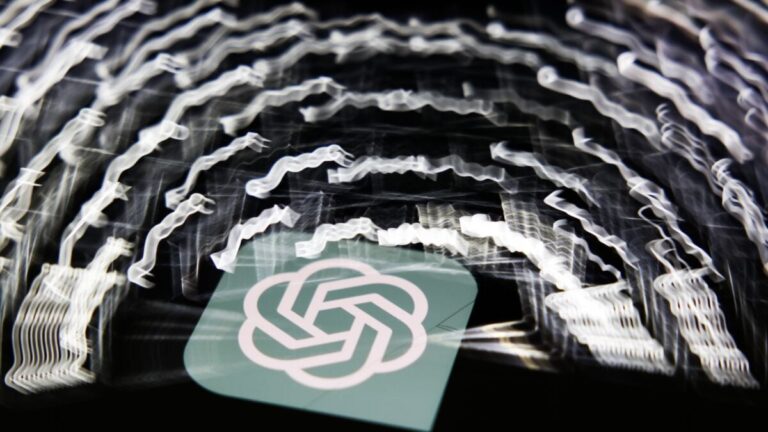Final month, a federal choose ordered OpenAI to indefinitely keep all of ChatGPT’s information as a part of an ongoing copyright lawsuit. In response, OpenAI has filed an enchantment to overturn the choice stating that the “sweeping, unprecedented order” violates its customers’ privateness.
The New York Occasions sued each OpenAI and Microsoft in 2023 claiming that the businesses violated copyrights through the use of its articles to coach their language fashions. Nevertheless, OpenAI said the Occasions’ case is “with out benefit” and argued that the coaching falls underneath “honest use”.
Beforehand, OpenAI solely stored chat logs for customers of ChatGPT Free, Plus, and Professional who didn’t choose out. Nevertheless, in Might, the Occasions and different information organizations claimed that OpenAI was participating in a “substantial, ongoing” destruction of chat logs that would include proof of copyright violations. Choose Ona Wang responded by ordering ChatGPT to keep up and segregate all ChatGPT logs that will in any other case be deleted.
In a courtroom enchantment, OpenAI argued that Wang’s order “forestall[s] OpenAI from respecting its customers’ privateness selections.” In accordance with Ars Technica, the corporate additionally claimed that the Occasions’ accusations have been “unfounded”, writing, “OpenAI didn’t ‘destroy’ any information, and definitely didn’t delete any information in response to litigation occasions. The order seems to have incorrectly assumed the opposite.”
“The [Times] and different plaintiffs have made a sweeping and pointless demand of their baseless lawsuit towards us,” COO Brad Lightcap said in an announcement. He added that the demand for OpenAI to retain all information “abandons long-standing privateness norms and weakens privateness protections.”
On X, CEO Sam Altman wrote that the “inappropriate request…units a foul precedent.” He additionally added that the case highlights the necessity for “AI privilege” the place “speaking to an AI needs to be like speaking to a lawyer or a physician.”
we now have been pondering just lately in regards to the want for one thing like “AI privilege”; this actually accelerates the necessity to have the dialog.
imo speaking to an AI needs to be like speaking to a lawyer or a physician.
i hope society will determine this out quickly.
— Sam Altman (@sama) June 6, 2025
The courtroom order triggered an preliminary wave of panic. Per Ars Technica, OpenAI’s courtroom submitting cited social media posts from LinkedIn and X the place customers expressed issues about their privateness. On LinkedIn, one particular person warned their shoppers to be “further cautious” about what data they shared with ChatGPT. In one other instance, somebody tweeted, “Wang apparently thinks the NY Occasions’ boomer copyright issues trump the privateness of EVERY @OPENAI USER – insane!!!”
On one hand, I couldn’t think about having a ChatGPT log delicate sufficient information that I’d care if another person learn it. Nevertheless, individuals do use ChatGPT as a therapist, for all times recommendation, and even deal with it as a romantic partner. No matter whether or not I’d personally do the identical, they deserve the appropriate to maintain that content material personal.
On the identical time, the Occasions’ case isn’t as baseless as OpenAI claims. It’s completely price discussing how synthetic intelligence is skilled. Bear in mind when Clearview AI scraped 30 billion images from Fb to coach its facial recognition? Or experiences that the federal government uses images of vulnerable people to check facial recognition software program? Sure, these examples exist outdoors of journalism and copyright regulation. Nevertheless, it highlights the necessity for conversations about whether or not firms like OpenAI ought to want express consent to make the most of content material relatively than scraping no matter they need from the web.

